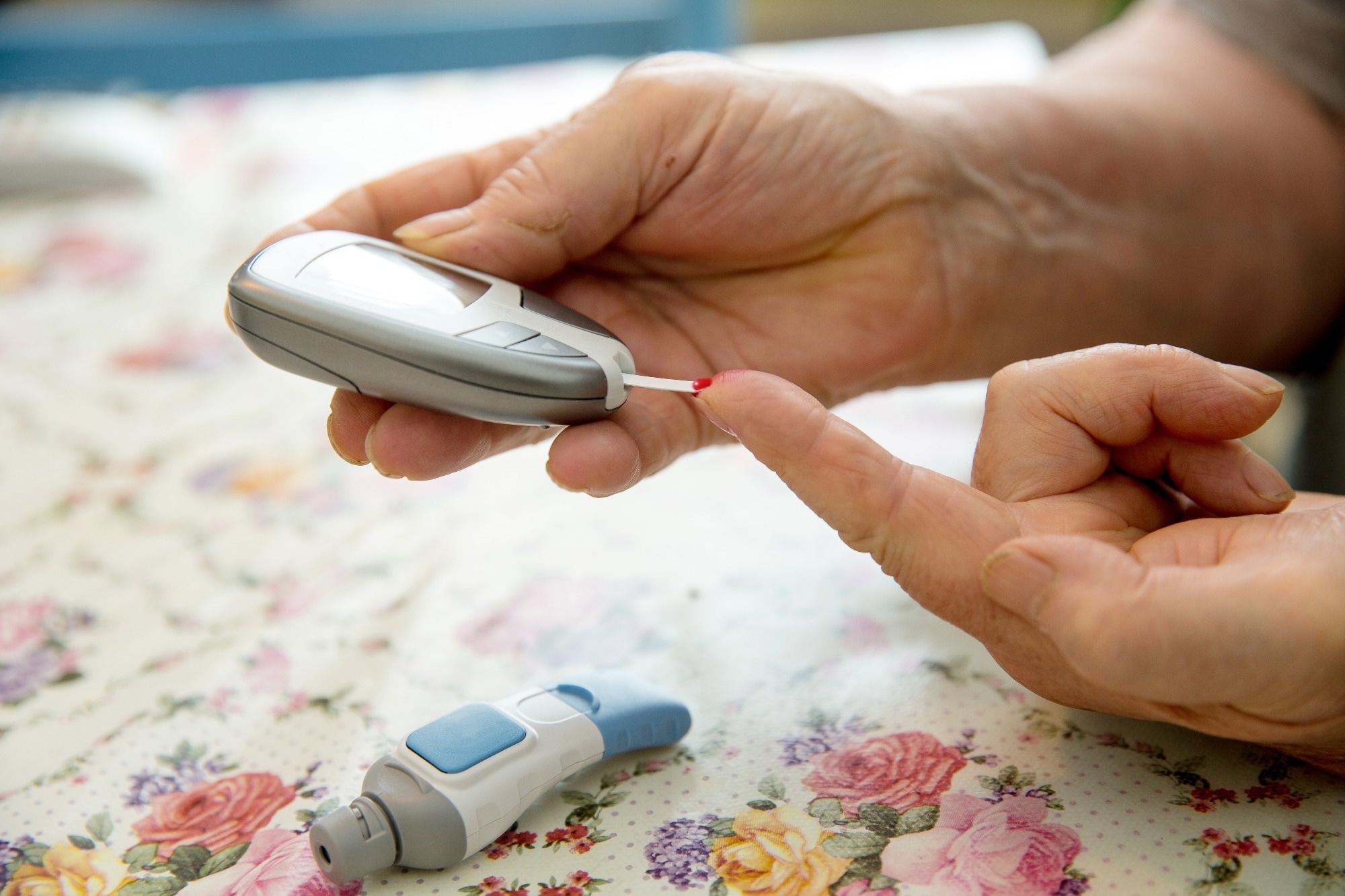It is unclear whether the risk of cancer associated with a higher body mass index (BMI) varies across individuals with and without type 2 diabetes (T2D) and cardiovascular diseases (CVD).
 Study: Body mass index and cancer risk among adults with and without cardiometabolic diseases: evidence from the EPIC and UK Biobank prospective cohort studies. Image Credit: urbans/Shutterstock.com
Study: Body mass index and cancer risk among adults with and without cardiometabolic diseases: evidence from the EPIC and UK Biobank prospective cohort studies. Image Credit: urbans/Shutterstock.com
Background
The problem of being overweight and obese has risen sharply globally in recent decades. This has increased the chances of non-communicable diseases (NCDs), such as T2D, CVD, and cancer. The BMI is a commonly accepted measure of body fatness, which raises the risk of several types of cancer.
Recent research has shown that CVD could independently drive certain cancers despite accounting for shared risk factors, such as BMI. Cancer, CVD, and T2D biological pathways, e.g., oxidative stress and inflammation, are common.
Taken together, it may be hypothesized that cardio-metabolic diseases (CMDs) could worsen the adverse effects of obesity and being overweight in the development of cancer. However, it must be highlighted that this linkage is not completely clear.
Prior studies gave little attention to CMD and solely focussed on the cancer-BMI correlation in the general population. Additionally, joint associations between CMD and overweight/obesity with cancer have not been widely studied.
About the study
The present study is a meta-analysis of two cohort studies. These are the European Prospective Investigation into Cancer and Nutrition (EPIC) and the UK Biobank (UKB). The sample comprised 577,343 adults free of CVD, T2D, and cancer at the time of recruitment.
Cox proportional hazard regressions were used to estimate multivariable-adjusted hazard ratios (HRs). HRs and 95% CIs for joint and separate correlations between overweight/obesity and CMD status were also estimated.
The relative excess risk due to interaction (RERI) was used to quantify an additive interaction. As a secondary outcome, total cancer or all cancers combined was also studied.
Key findings
It was noted that the sum of separate associations of obesity and CVD with cancer risk was lower than their joint association. Overall, this finding was consistent across the EPIC and UKB for all types of cancer.
However, this association is held only in the UKB for obesity-related cancer risk. This result implies that reducing obesity could lead to a reduction in cancer risk among individuals with CVD.
The variability in cancer risk among patients with CMD is not well understood. Targeting this knowledge gap, it was shown that high BMI and cancer risk were equally associated in individuals with and without CMDs. It should be noted that no association between cancer risk and BMI was noted in the population group with T2D only.
This study provided new evidence of an additive interaction between CVD and obesity/overweight, with respect to obesity-related and overall cancers. It is imperative to understand why certain diseases cluster and how the clustering affects the disease burdens in different groups of individuals.
A common risk factor for CMD and cancer is excessive body weight. This could be one reason why these diseases tend to cluster. Mechanisms underlying the fat-cancer link could be increased insulin levels, altered sex hormone metabolism, and adipokine pathophysiology.
These mechanisms could also potentially explain the T2D-cancer link. On the contrary, the CVD-cancer link is less well-understood.
Conclusions
In sum, this study showed that higher BMI was associated with a greater risk of cancer, irrespective of the CMD status. The results indicate that prevention of obesity could lead to a higher reduction in cancer risk in individuals with CVD compared to the general population.
The key strength of the study is its use of two large prospective cohorts across multiple European countries and validated assessments of T2D, cancer, and CVD. The time-varying modeling of associations and sensitivity analyses to reduce biases also strengthen the analysis.
One limitation of the study was around the inability to consider changes in modifiable habits at the follow-up stage. Metformin, used to treat T2D, can lead to weight loss and reduce obesity.
The use of metformin could not be accounted for in the EPIC data. The results could also have been influenced by selection bias, owing to including only participants without CMD. A key limitation of the UKB should also be highlighted here regarding its very low response rate.
The generalizability of the findings could also be a cause for concern because the UKB sample was less socioeconomically deprived, showed a lower presence of long-term conditions, and fewer risk factors compared to the general UK population.
Furthermore, BMI may not be an ideal measure of fat because it neither captures fat distribution nor distinguishes between fat and lean mass. Future studies should improve upon this by using detailed body composition assessments.